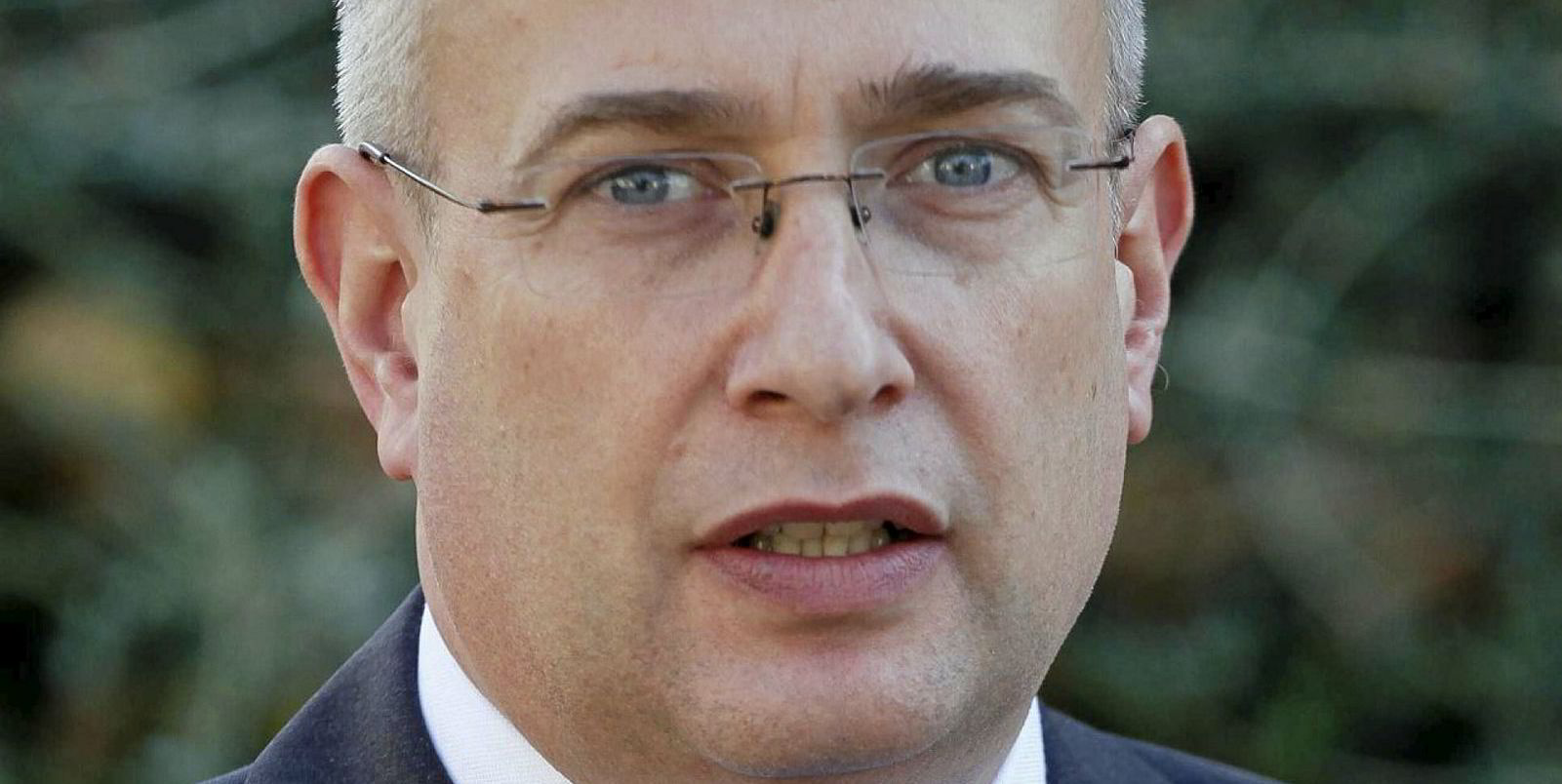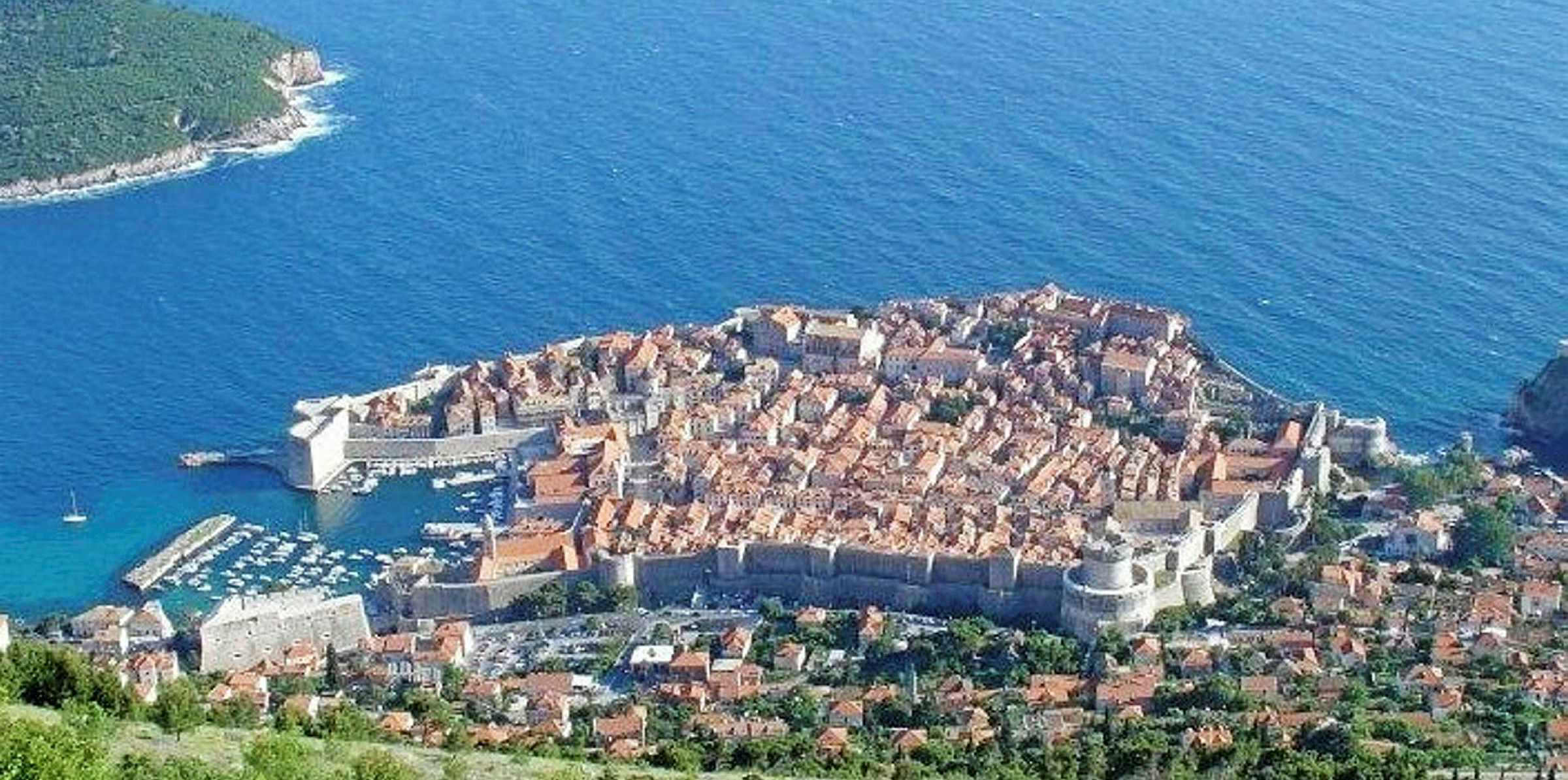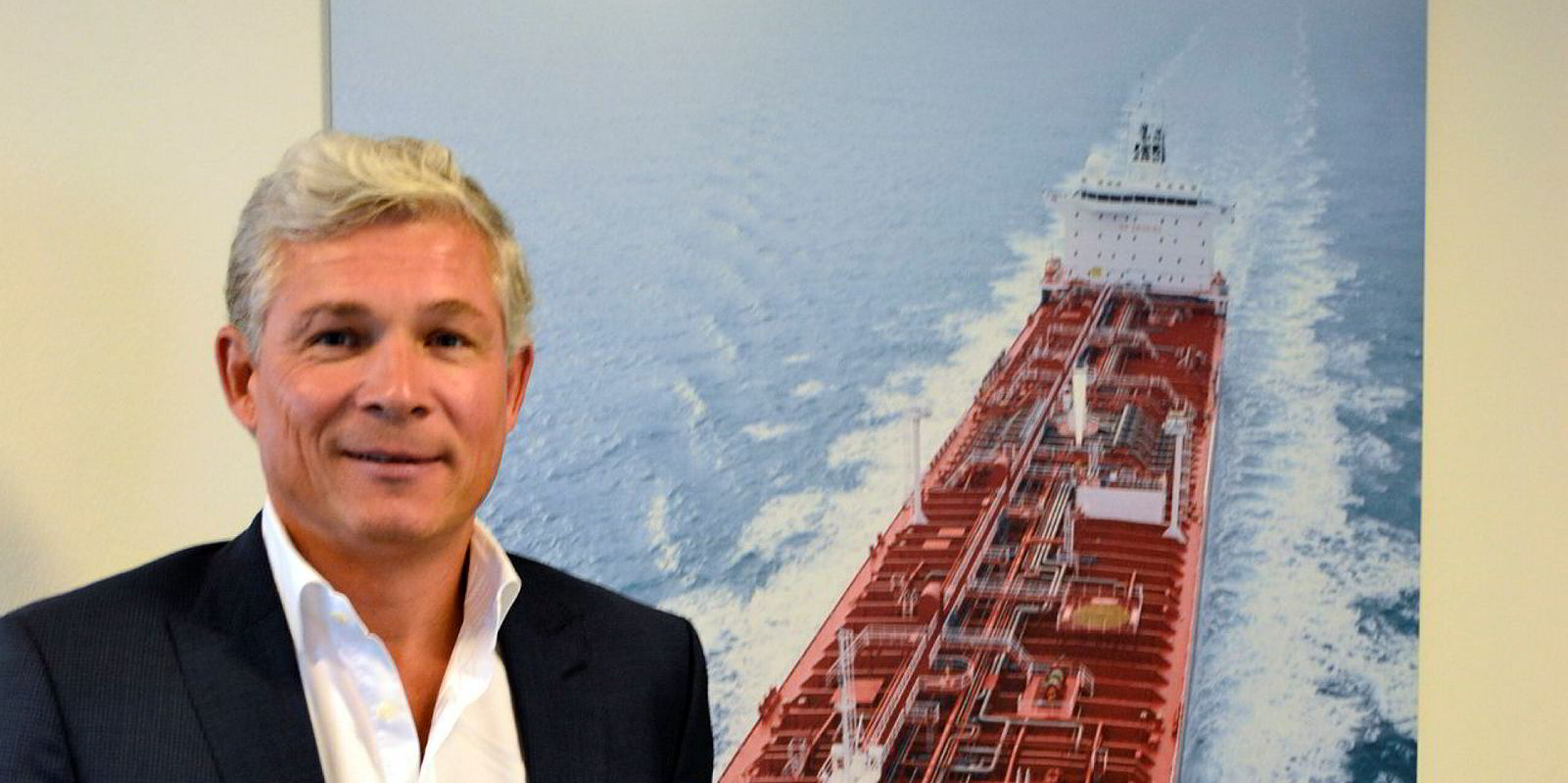Croatian owner Tankerska Next Generation (TNG) appears to have moved its last tanker out of the spot market as it takes cover during the coronavirus outbreak.
The Zagreb-listed MR player said it had secured a three-year charter from July or August.
The charterer is a leading US oil major which will pay $17,000 per day, with an option for another year at $18,000 per day.
"The negotiated conditions are thoroughly in line with the company's strategic concept that focuses on the efforts to secure a strong asset base and stable cash flow," it said.
The vessel looks likely to be the the 50,000-dwt Zoilo (built 2015), which has been operating spot since July 2018.
A company spokesman told TradeWinds it could not divulge any further information, however.
All its other tankers are tied up on term deals currently, but the 50,000-dwt Vukovar (built 2015) may come free in May if Koch does not take up an option for another year.
Another ship fixed
The company revealed last week that the other vessel that had been operating spot, the 52,000-dwt Vinjerac (built 2011), had won a two-year deal from May.
A "prominent charterer" will pay $15,250 per day, with an option to extend for a third year at $15,750.
The move away from spot exposure has boosted its net profit in the first quarter, which were announced before the latest charter.
It logged earnings of $2.42m, against $0.36m as voyage costs were reduced.
Revenue was down to $10.17m from $11.25m.
Period deals result in lower revenue, but reduce operating expenses.
TNG said it had "no intention" of making any forward-looking statements or assumptions about how long the pandemic could affect various market aspects.
But it added: "A global economic slowdown seems like an inevitable outcome."
"We have set our focus on securing revenue based on time charters," said chief executive John Karavanic.
"It is indisputable that the product tanker market is currently affected by the pandemic which will leave its social and health implications on business."
But he added: "At the same time the company is not losing sight of the previously announced fundamental drivers that are currently prevailing in the supply and demand markets generating a positive effect on freight rates."
Karavanic said the fleet was well covered with period business, "more so than in the last few years."





